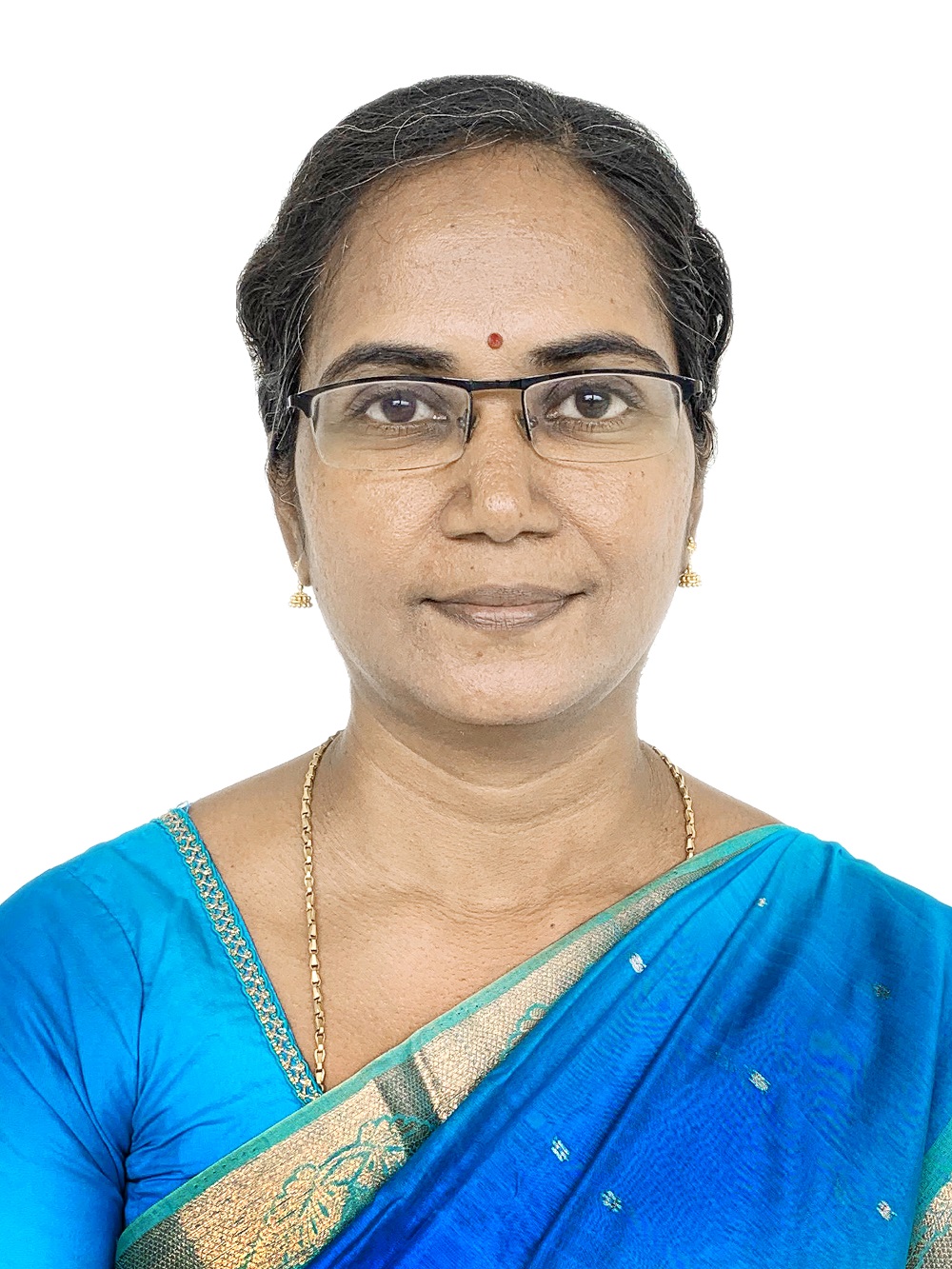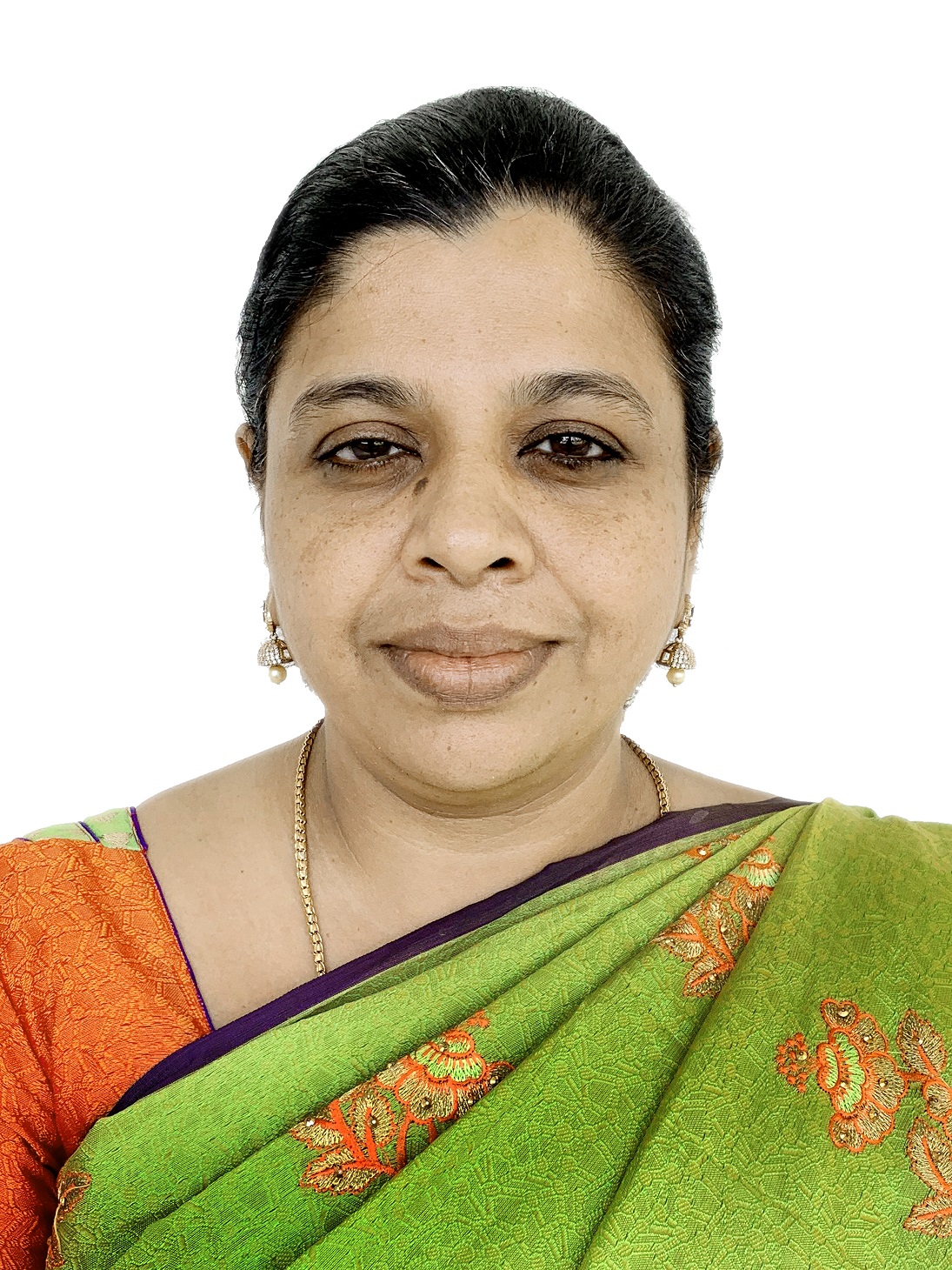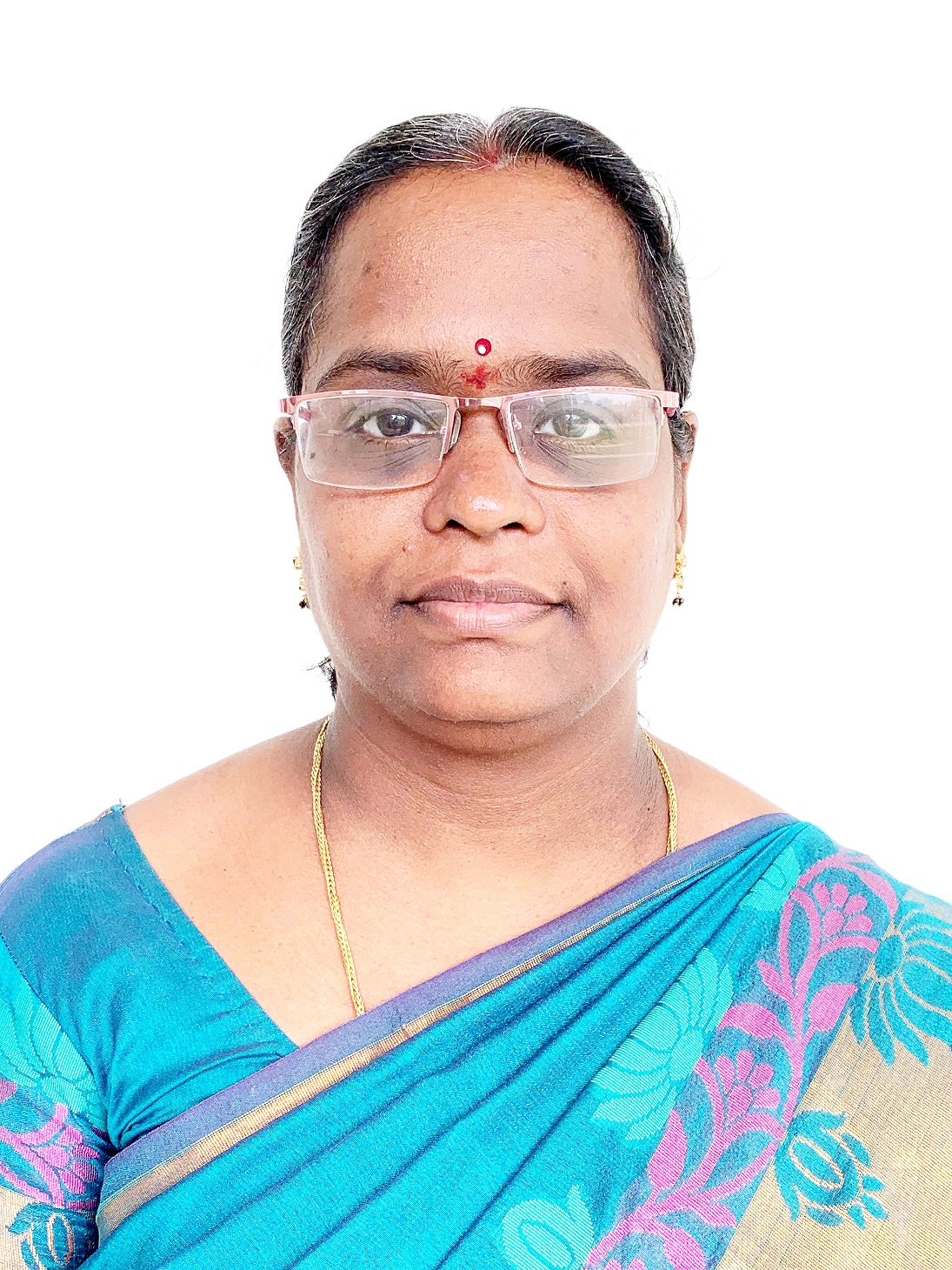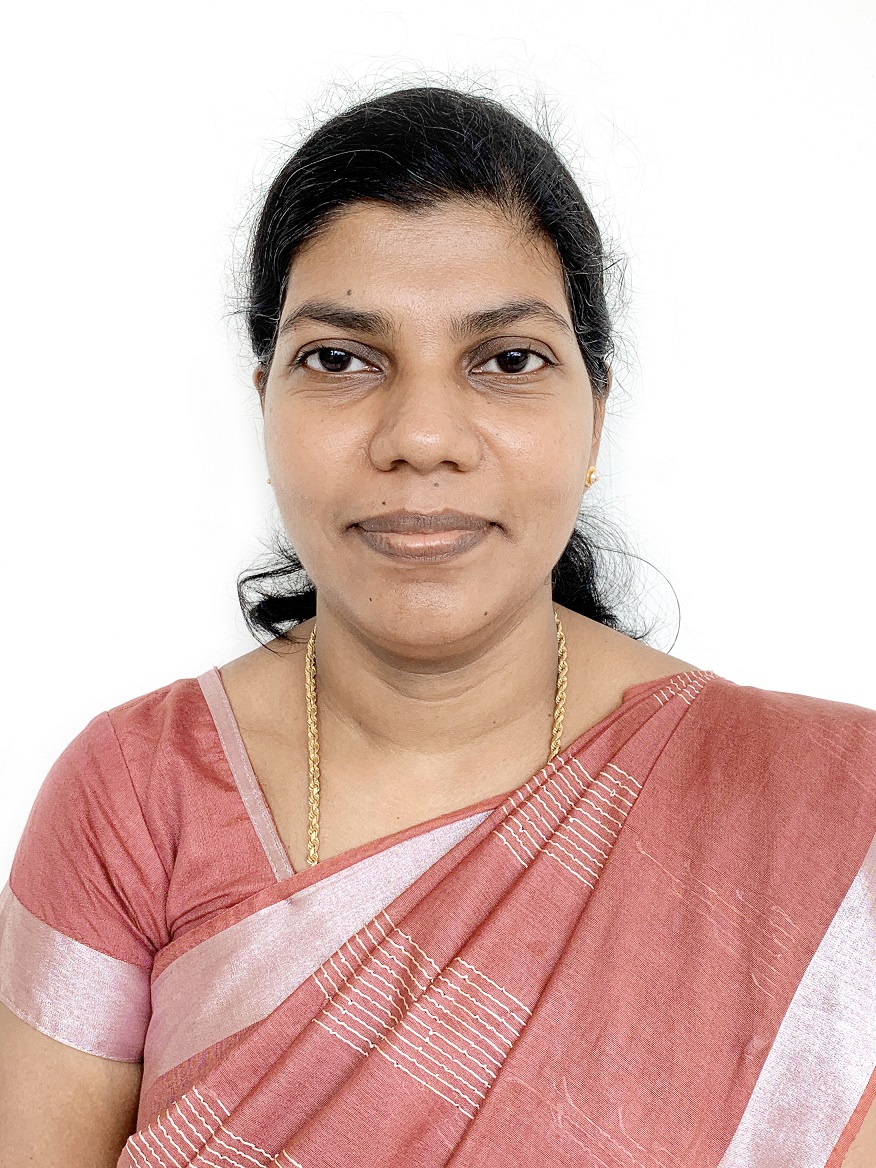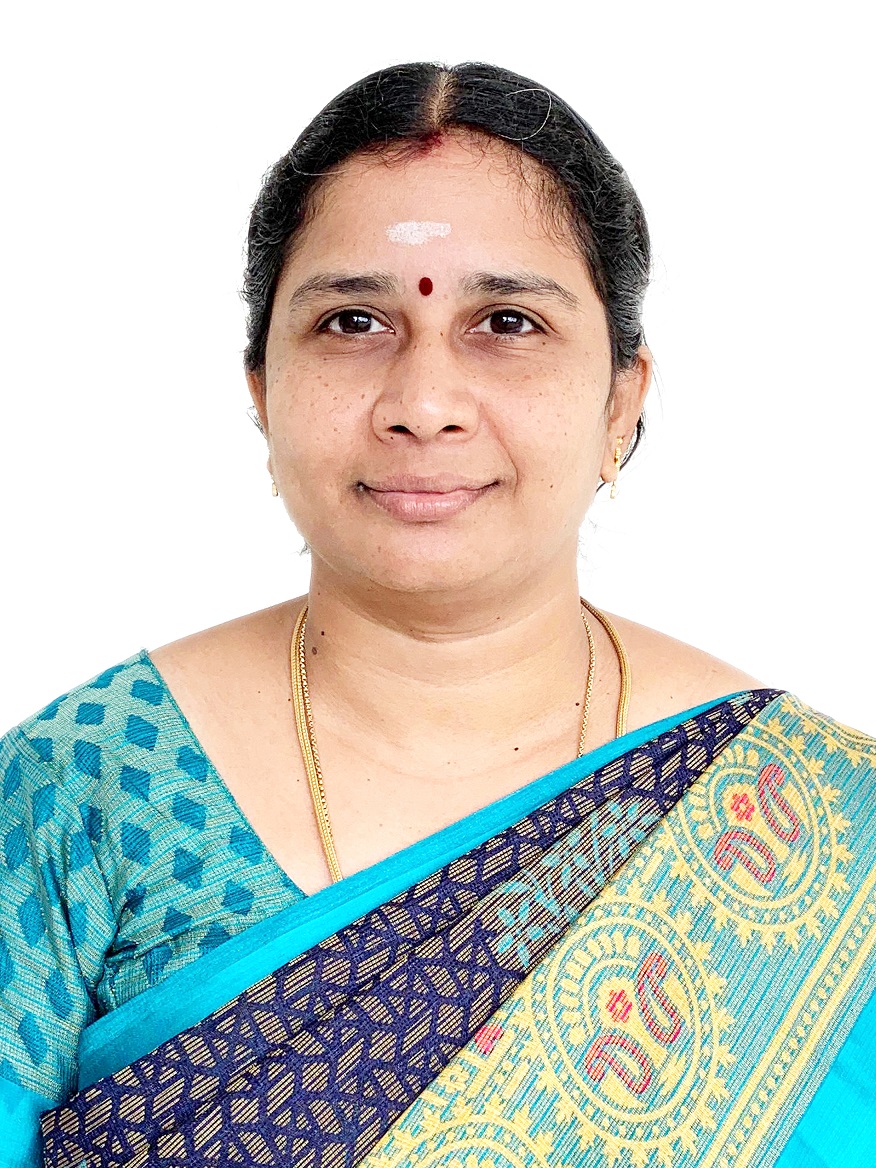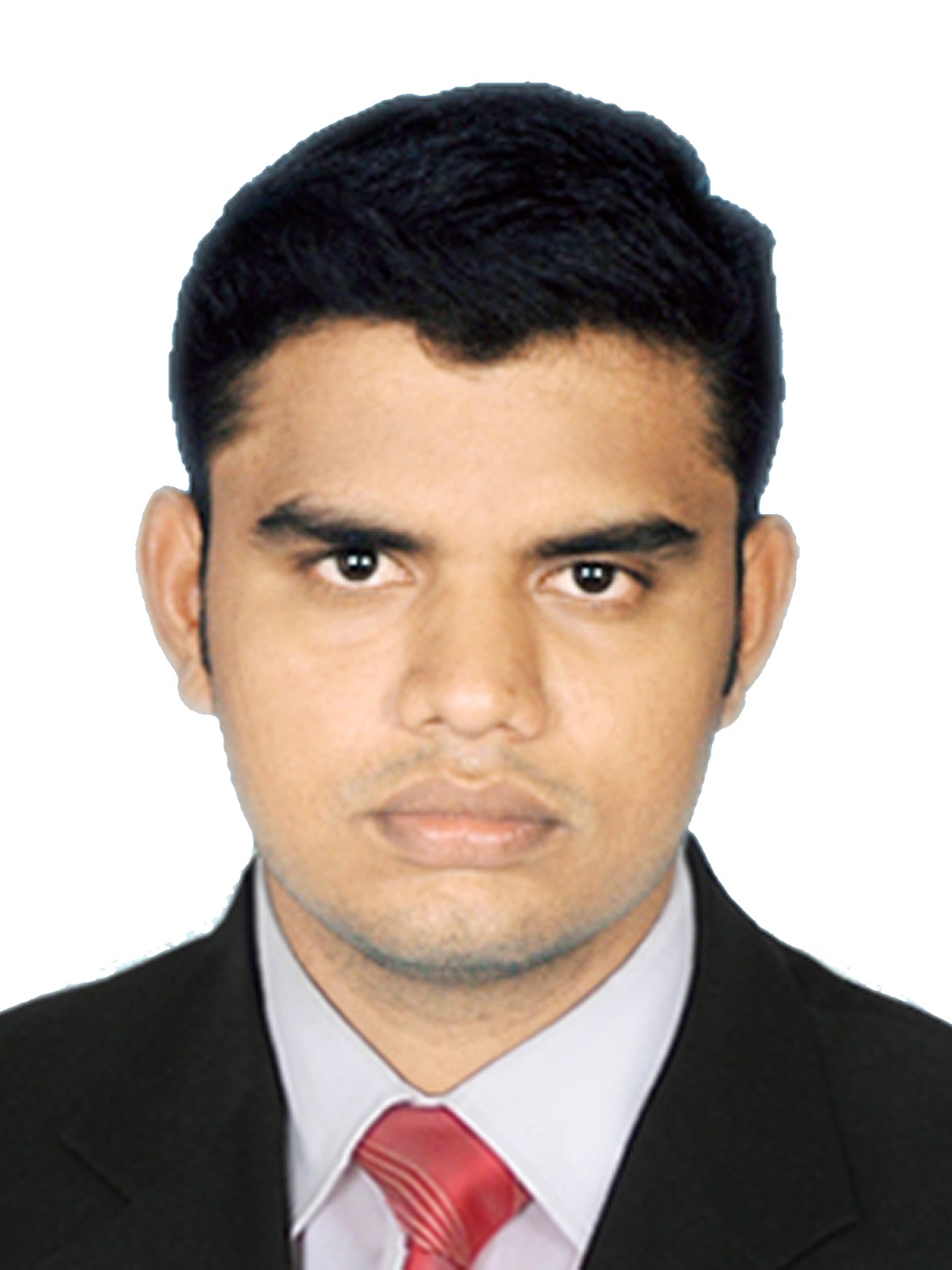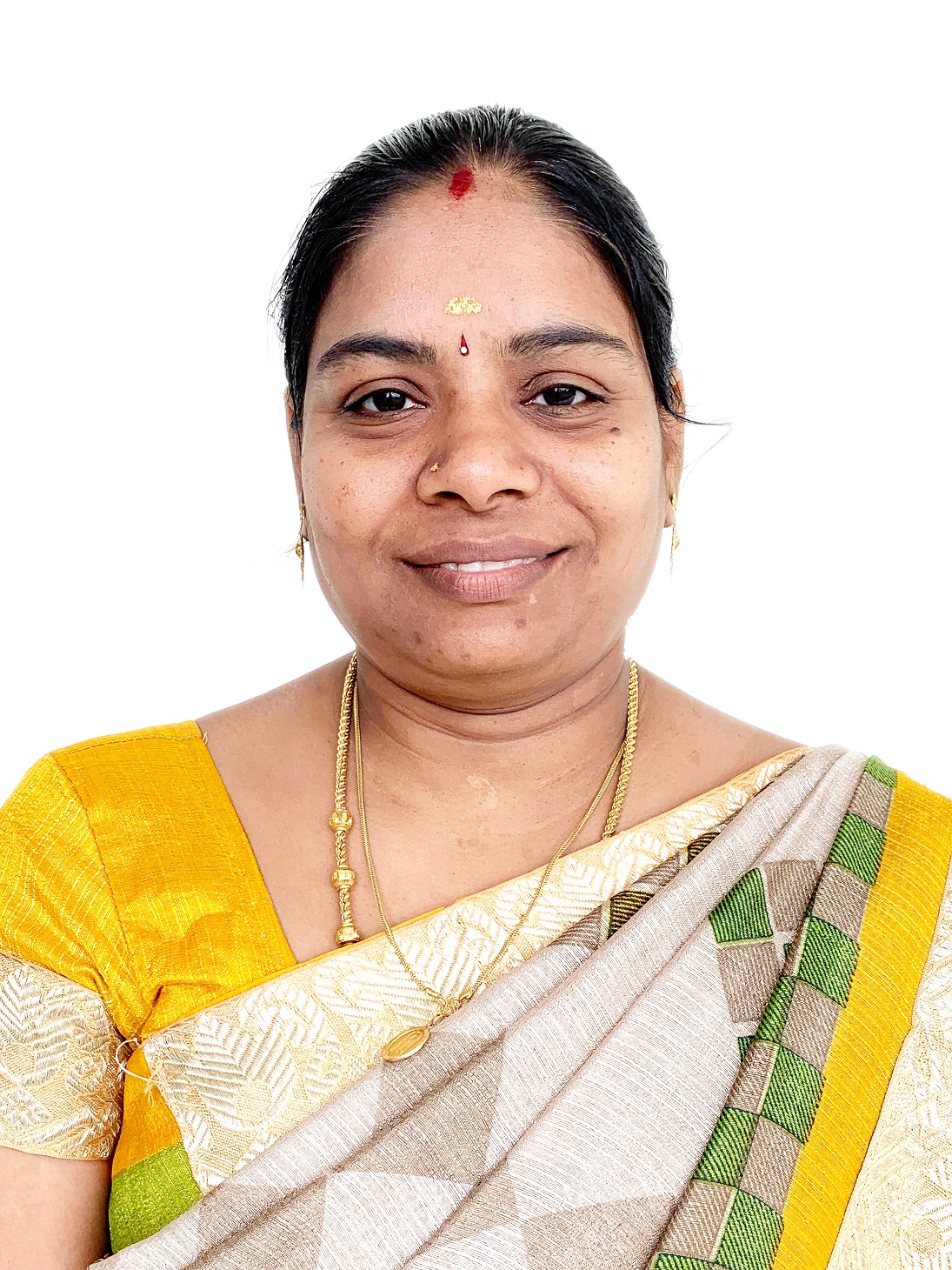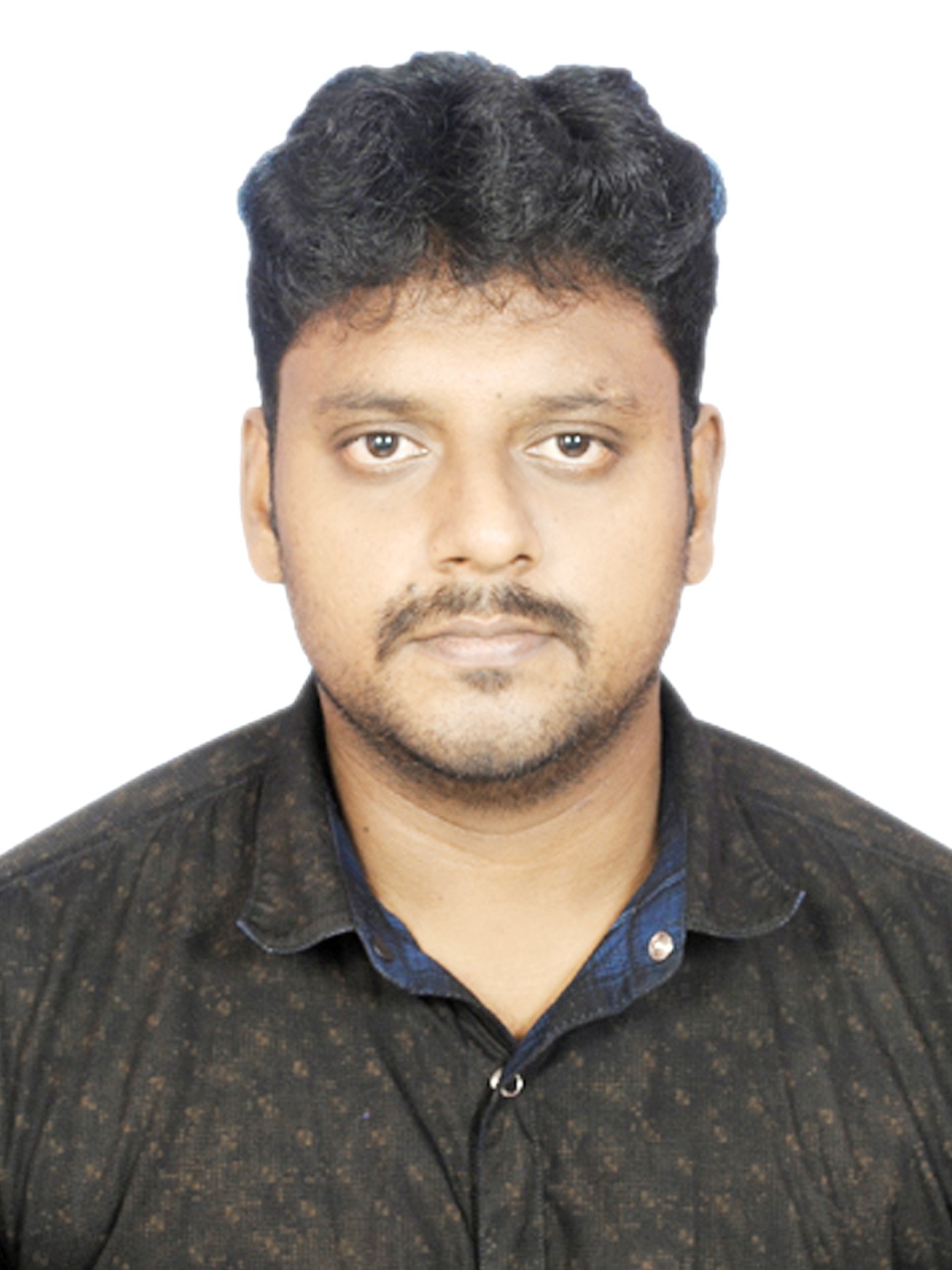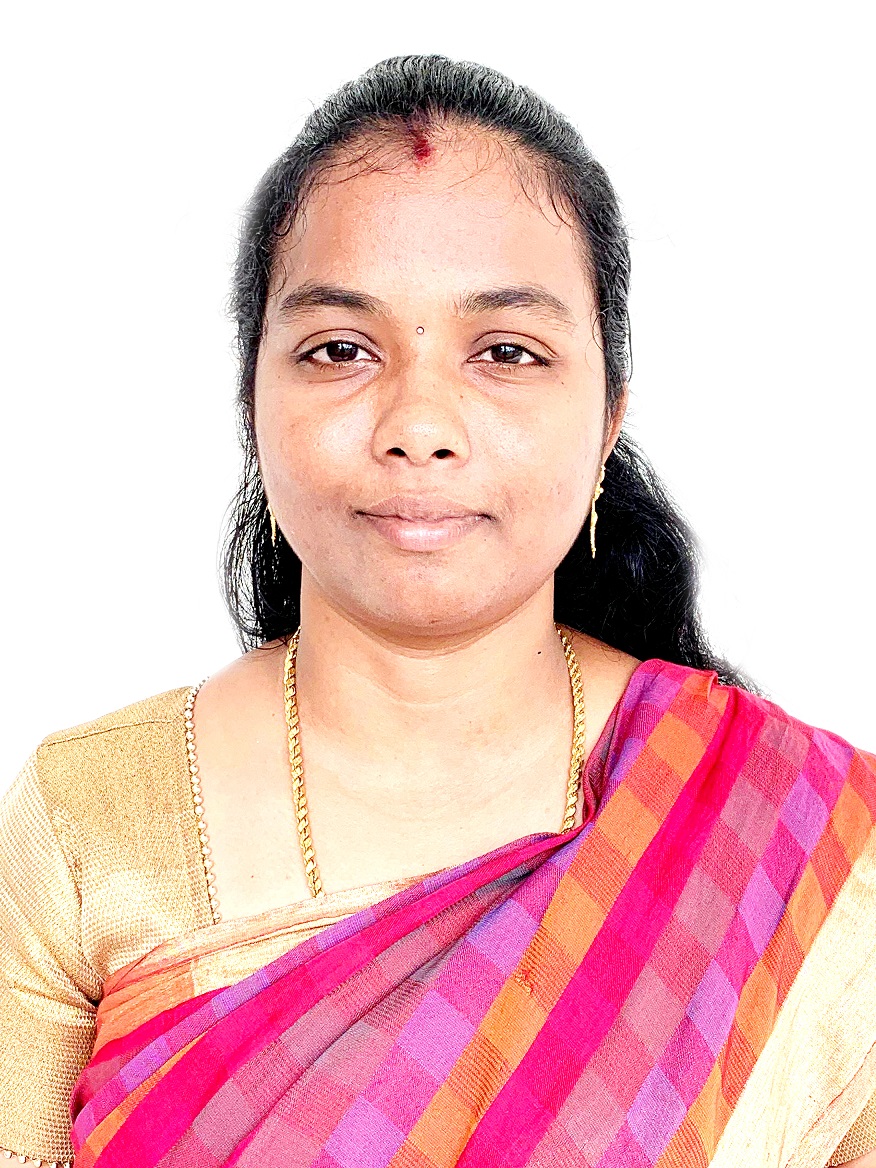Department Info
The Department of Electronics and Communication Engineering is established in the year 2008 with a vision to produce globally competent Electronics and Communication Engineers with a commitment to serve the society. At present it offers a 4-year B.E. Electronics and Communication Engineering programme with a sanctioned intake of 60 students and a 2 year M.E. Applied Electronics programme with a sanctioned intake of 18 students. The Laboratories are equipped with latest technology in the fields of Electronic Devices and Circuits, Digital Electronics, Linear Integrated Circuits, Microprocessors and Microcontrollers, Digital Signal Processing, Communication System, VLSI, Embedded Systems, Optical & Microwave, Embedded systems that offer opportunities on a wide range of hardware and advanced software packages. In addition to this, the Department has equipped with J C Bose Research Laboratory and Tesla Tech Hub to enrich the knowledge of students and faculty. It has industry supported laboratories such as Intel Intelligent Systems & Retech IoT Laboratory, Tessolve Semiconductor Laboratory. The Department has a team of committed faculty members with sound knowledge in the areas of Applied Electronics, Communication systems, VLSI, Embedded Systems, Computer Communication and Networking. The Department encompasses professional associations such as Students Association Fuerza, IEEE, IETE, ISTE, IEI & CSI chapters which provide students the platform to learn professional and soft skills.
VISION:
To produce globally competent Electronics and Communication Engineers with a commitment to serve the society.
MISSION:
M1. To establish a conducive learning environment to meet the demands of society.
M2. To provide cutting-edge technical education to produce engineers with the highest calibre of professionalism.
M3. To encourage creative thinking and support research to use technology to enhance people’s quality of life.
M4. To provide high quality, ethical engineers for the good of society.
PROGRAM EDUCATIONAL OBJECTIVES (PEOs)
Within three to five years, our graduates of Electronics and Communication Engineering program are expected to:
PEO 1.Apply their engineering abilities to resolve technological issues facing industry.
PEO 2.Analyze real-world issues and design systems that are suited for delivering technically sound, financially viable, and socially acceptable answers.
PEO 3.Contribute towards entrepreneurship, exhibit professionalism, ethical attitude, communication skills, team work in their profession and adapt to current trends by engaging in lifelong learning.
PROGRAM OUTCOMES (POs):
PO 1: Engineering knowledge: Apply the knowledge of mathematics, science, engineering fundamentals, and an engineering specialization to the solution of complex engineering problems.
PO 2: Problem analysis: Identify, formulate, review research literature, and analyze complex engineering problems reaching substantiated conclusions using first principles of mathematics, natural sciences, and engineering sciences.
PO 3: Design/development of solutions: Design solutions for complex engineering problems and design system
components or processes that meet the specified needs with appropriate consideration for the public health and safety, and the cultural, societal, and environmental considerations.
PO 4: Conduct investigations of complex problems: Use research-based knowledge and research methods including design of experiments, analysis and interpretation of data, and synthesis of the information to provide valid conclusions.
PO 5: Modern tool usage: Create, select, and apply appropriate techniques, resources, and modern engineering limitations.
PO 6: The engineer and society: Apply reasoning informed by the contextual knowledge to assess societal, health, safety, legal and cultural issues and the consequent responsibilities relevant to the professional engineering practice.
PO 7: Environment and sustainability: Understand the impact of the professional engineering solutions in societal and environmental contexts, and demonstrate the knowledge of, and need for sustainable development.
PO 8: Ethics: Apply ethical principles and commit to professional ethics and responsibilities and norms of the engineering practice.
PO 9: Individual and team work: Function effectively as an individual, and as a member or leader in diverse teams, and in multidisciplinary settings.
PO 10: Communication: Communicate effectively on complex engineering activities with the engineering community and with society at large, such as, being able to comprehend and write effective reports and design documentation, make effective presentations, and give and receive clear instructions.
PO 11: Project management and finance: Demonstrate knowledge and understanding of the engineering and management principles and apply these to one’s own work, as a member and leader in a team, to manage projects and in multidisciplinary environments.
PO 12: Life-long learning: Recognize the need for, and have the preparation and ability to engage in independent and life-long learning in the broadest context of technological change.
PROGRAM SPECIFIC OUTCOMES (PSOs):
Students of the Electronics and Communication Engineering Program:
PSO 1. Shall have Potential to analyze, design, synthesize and provide technical solutions in the field of VLSI, Embedded Systems, Communication, Networking and Real Time Processing.
PSO 2. Shall exhibit leadership skills and pursue entrepreneurship and contribute in the field of Electronics and Communication Engineering.




